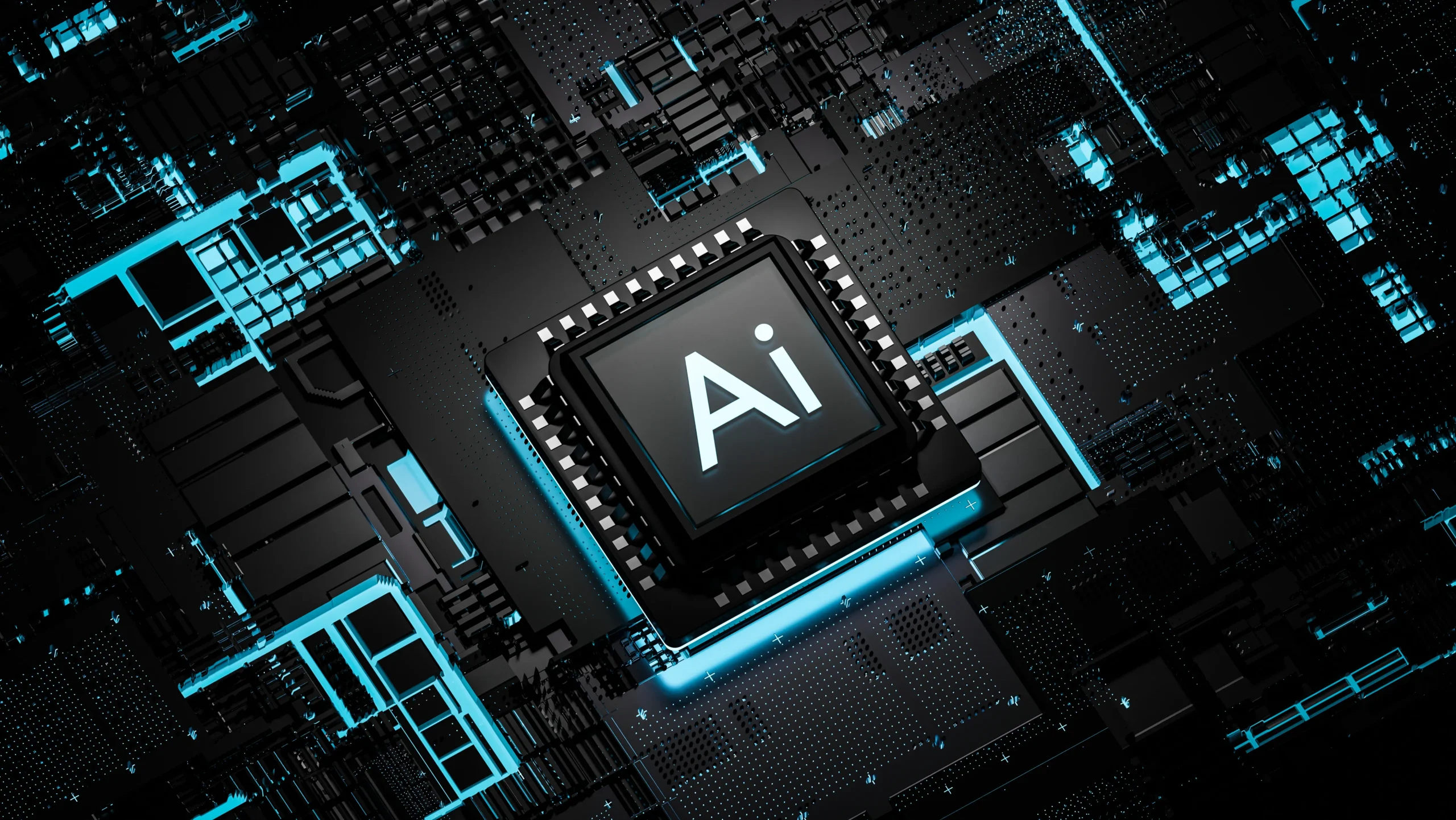As the world of artificial intelligence and cloud computing transforms, Ken Griffin’s Citadel hedge fund is carefully adjusting its investment portfolio, reducing its stake in Microsoft while increasing holdings in Taiwan Semiconductor Manufacturing Company (TSMC). These moves, as disclosed in recent 13F filings, provide insights into Citadel’s shifting priorities as it anticipates both growth and risks within the tech and semiconductor sectors.
Understanding Citadel’s Decision to Sell Microsoft Shares
Microsoft has been at the forefront of the AI revolution, most notably with its $10 billion investment in OpenAI, the developer of ChatGPT. This partnership has allowed Microsoft to embed AI into its vast ecosystem, including Azure cloud services, the Office suite, LinkedIn, and more. Despite Microsoft’s innovative strides in AI, Griffin’s team has been steadily reducing its Microsoft holdings, with Microsoft’s forward price-to-earnings (P/E) ratio at 32.4, significantly above the S&P 500 average of 22.7, reflecting a high valuation that may signal limited upside in the near term.
This decline is evident in Citadel’s reduced Microsoft holdings over the past year:
- Q2 2023: 3.4 million shares
- Q3 2023: 5 million shares
- Q4 2023: 4.2 million shares
- Q1 2024: 2.9 million shares
- Q2 2024: 1.2 million shares
With other tech giants like Amazon and Alphabet backing competing AI startups and companies like Salesforce introducing their AI capabilities, Microsoft faces intensifying competition. Citadel’s decision to trim its Microsoft position seems to align with a cautious outlook toward Microsoft’s ability to maintain dominance amidst increasing competition in the high-stakes AI landscape.
Why Citadel is Bullish on Taiwan Semiconductor Manufacturing (TSMC)
As Citadel shifts focus, Taiwan Semiconductor Manufacturing Company (TSMC) has emerged as a core addition to its portfolio. TSMC holds a crucial role in the semiconductor industry as a premier manufacturer of advanced chips, essential to companies like NVIDIA, AMD, Amazon Web Services, Broadcom, and Qualcomm. With AI demand driving a surge in chip requirements, TSMC’s client diversity and market-leading expertise in semiconductor manufacturing position it as a critical player in the ongoing AI infrastructure expansion.
While NVIDIA captures headlines, it’s TSMC that supplies the advanced chips powering many of these technological breakthroughs. As more companies integrate AI, demand for TSMC’s manufacturing capabilities is likely to remain strong, providing Citadel with a balanced opportunity for growth in the booming semiconductor sector.
A Balanced Strategy: Betting on Infrastructure Over Applications
Citadel’s shift from Microsoft to TSMC reflects a broader approach focused on AI’s underlying infrastructure rather than specific application developers. Investing in TSMC aligns with the prediction that AI and cloud expansion will require sustained semiconductor innovation, making it an essential backbone for future tech advancements. For Citadel, the strategy may offer a more predictable investment in an industry poised for growth regardless of which AI platform emerges as the leader.
By studying Citadel’s recent portfolio adjustments, investors can glean valuable insights into high-stakes market trends and consider opportunities in sectors where growth is fueled by long-term demand and the need for technological infrastructure.

